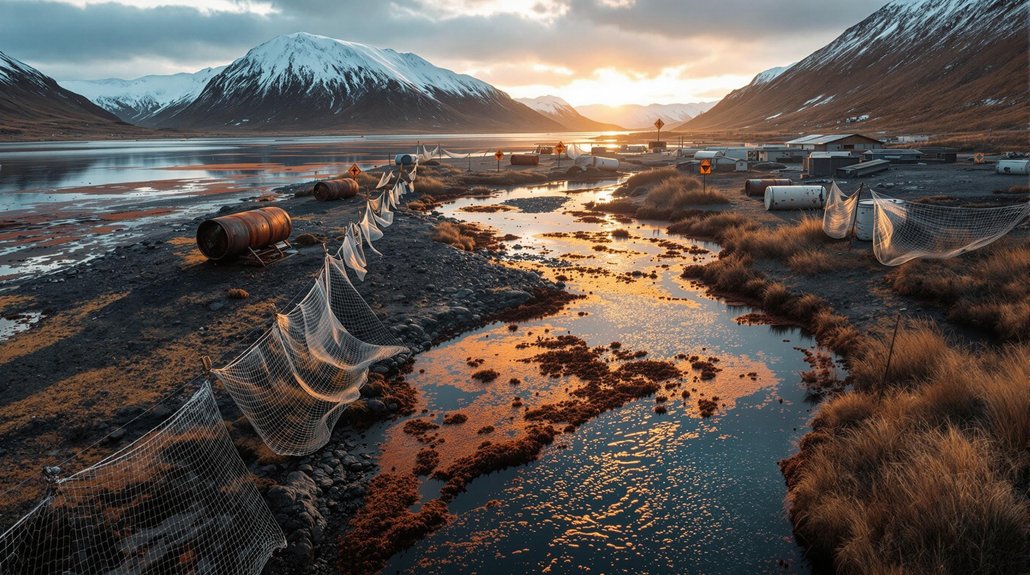A shocking scandal erupted this week when a leaked ChatGPT conversation revealed a lawyer’s secret plans to force an indigenous tribe from their Amazon homeland. The lawyer, reportedly working for a multinational energy company, used the AI platform to request strategies for removing the tribe to make way for a dam construction project.
The exposed chat showed the lawyer asking for legal loopholes, negotiation tricks, and psychological pressure tactics. The goal was clear: to displace the tribe with minimal resistance while paying as little compensation as possible. The private conversation became public after an accidental data exposure in a now-disabled ChatGPT feature.
Human rights experts say the tactics discussed likely violate international laws protecting indigenous communities. The strategies sought ways around protections like those in ILO 169 and UNDRIP, which require free, prior, and informed consent for projects affecting indigenous lands.
Indigenous rights violations exposed in leaked AI chats reveal deliberate circumvention of legal protections and consent requirements.
The leak has sparked global outrage among environmental and human rights groups. Critics point out that this case highlights growing AI privacy risks, where corporate secrets can unexpectedly become public. Many are now calling for stricter rules on how AI can be used in legal and corporate matters.
For the Amazon tribe, the stakes couldn’t be higher. The proposed dam threatens their ancestral lands, cultural identity, and way of life. The environmental impact could be severe, disrupting local ecosystems and biodiversity. Community-based conservation initiatives have proven that indigenous stewardship is essential for preserving the rich biodiversity of these threatened regions.
The incident also exposed serious privacy flaws in AI platforms. Thousands of user chats were temporarily made public due to the security breach, with many containing sensitive information. This shows a troubling pattern as similar data breaches have been reported from other platforms like xAI’s Grok. This case serves as a stark reminder of the risks in using AI for confidential communications.
The lawyer explicitly stated in the conversation that the tribe did not understand the market value of land, seeking to exploit this knowledge gap for the company’s financial benefit. The hydroelectric project is part of a larger push for energy development in the Amazon region, where indigenous communities often find themselves in conflict with powerful business interests. As the story develops, pressure mounts on both the energy company and AI developers to address the ethical concerns raised.
References
- https://thethaiger.com/news/world/chatgpt-leak-exposes-plot-to-evict-amazon-tribe
- https://happymag.tv/chatgpt-leak/
- https://www.webpronews.com/chatgpt-leak-reveals-lawyers-tactics-to-displace-amazonian-tribe/
- https://subscriber.politicopro.com/article/2025/08/council-unlikely-to-override-mayoral-veto-in-casino-fight-00493293








